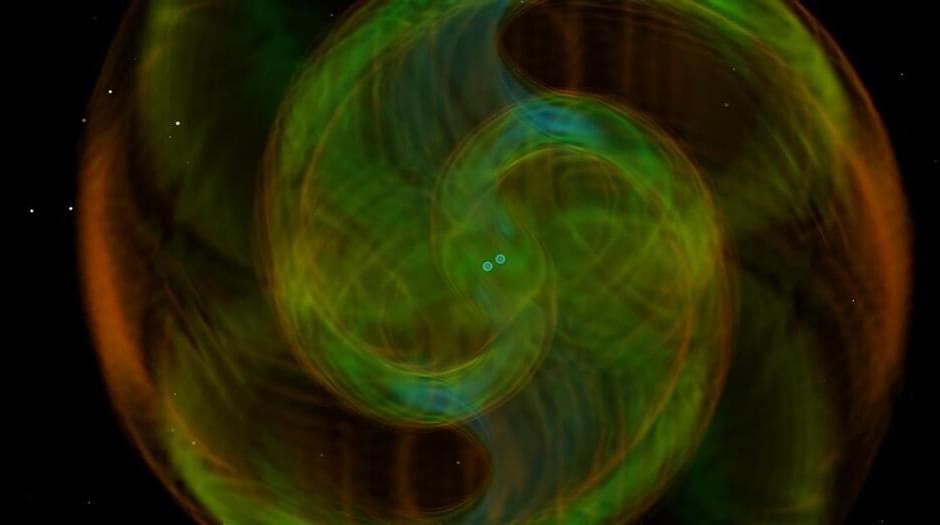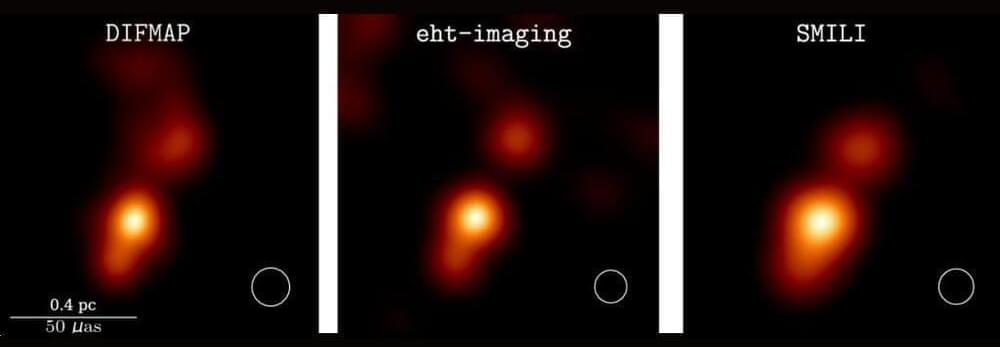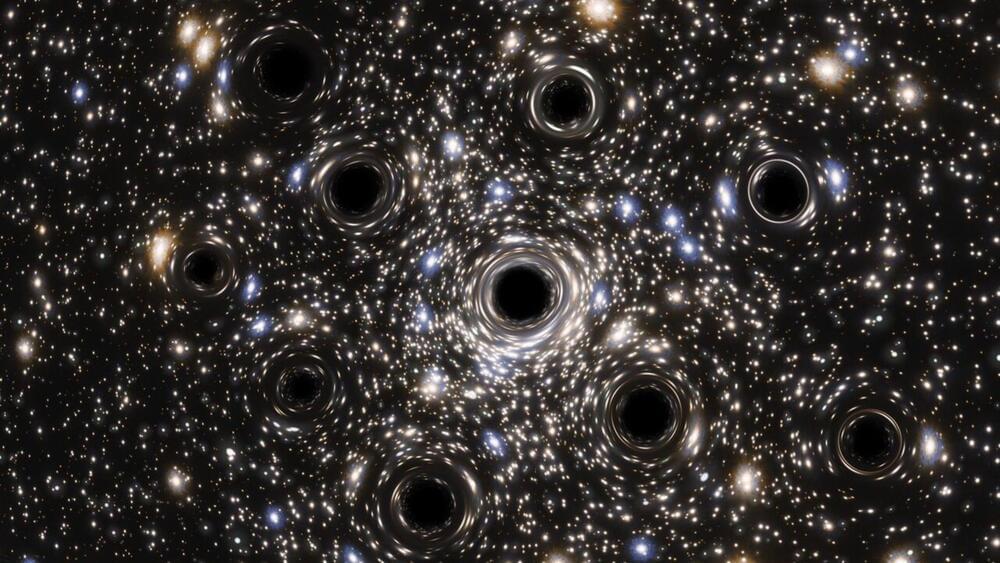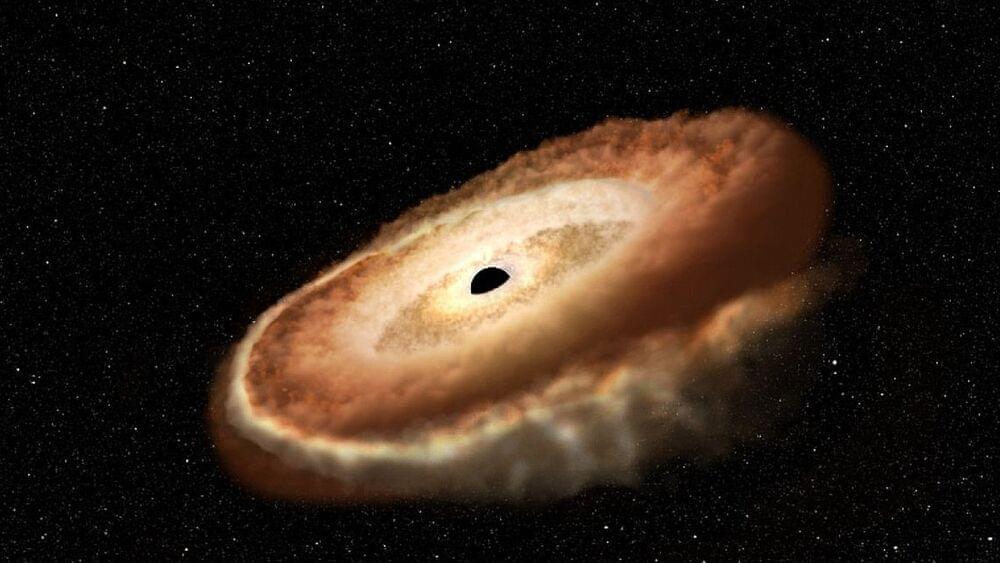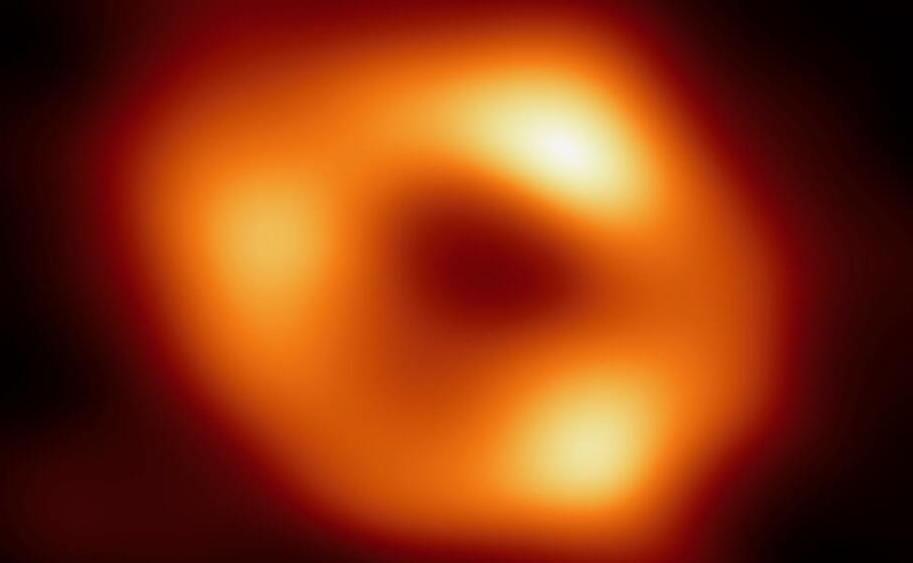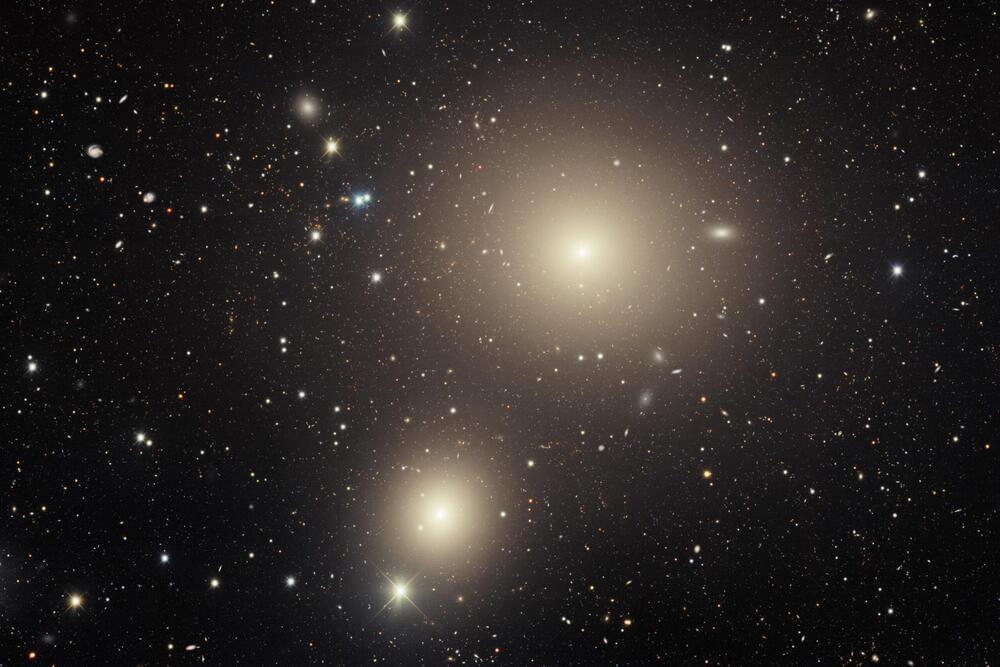Last summer, the gravitational wave observatory known as LIGO caught its second-ever glimpse of two neutron stars merging. The collision of these incredibly dense objects — the hulking cores of long-ago supernova explosions — sent shudders through space-time powerful enough to be detected here on Earth. But unlike the first merger, which conformed to expectations, this latest event has forced astrophysicists to rethink some basic assumptions about what’s lurking out there in the universe. “We have a dilemma,” said Enrico Ramirez-Ruiz of the University of California, Santa Cruz.
The exceptionally high mass of the two-star system was the first indication that this collision was unprecedented. And while the heft of the stars alone wasn’t enough to cause alarm, it hinted at the surprises to come.
In a paper recently posted to the scientific preprint site arxiv.org, Ramirez-Ruiz and his colleagues argue that GW190425, as the two-star system is known, challenges everything we thought we knew about neutron star pairs. This latest observation appears to be fundamentally incompatible with scientists’ current understanding of how these stars form, and how often. As a result, researchers may need to rethink years of accepted knowledge.
